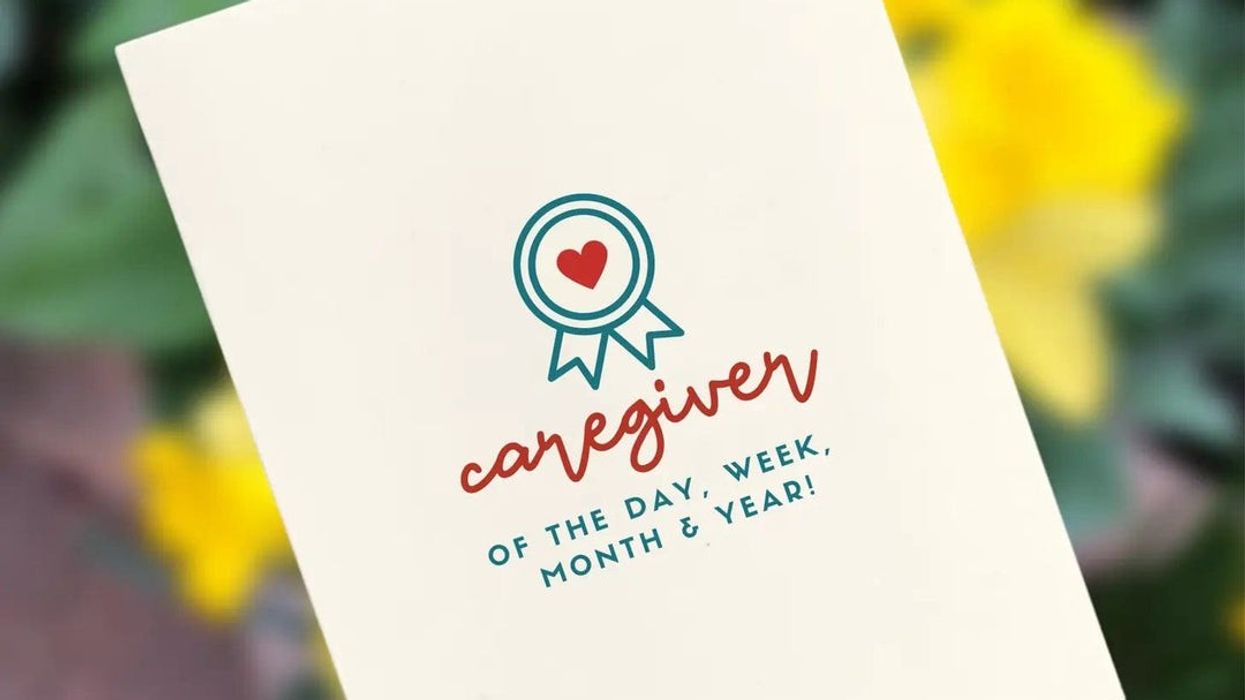Two weeks ago my husband had surgery for GIST cancer for the third time. I realized how few resources there were for caregivers preparing for surgery. I shared an important list of things to remember for yourself as a caregiver. Now that my husband is through surgery there is a whole new list of things for me to remember. When you’re caring for someone else, it’s easy to put your own needs on the back burner. But caregiving is a demanding role, both emotionally and physically. Taking time for self-care is essential, not only for your well-being but also for the quality of care you provide. Here’s what caregivers can do to nurture themselves while caring for a loved one.
1. Acknowledge and Accept Your Feelings
- Recognize the Full Range of Emotions: Caregiving can stir up a wide range of emotions, from love and compassion to frustration, guilt, and even resentment. Acknowledge these feelings as normal and try not to judge yourself for them.
- Permit Yourself to Feel: You may feel pressured to stay positive, but bottling up your emotions isn’t healthy. Talk about your feelings with someone you trust, write them down, or even consider therapy as an outlet for processing what you’re going through.
2. Prioritize Physical Health
- Regular Exercise: Physical activity is a proven way to reduce stress, improve mood, and boost energy. Even 20–30 minutes of daily movement, such as walking, yoga, or stretching, can make a big difference.
- Sleep Hygiene: Quality sleep is crucial for effective caregiving. Aim for at least 7–8 hours of sleep per night. Try to maintain a consistent sleep schedule, and create a calming bedtime routine to help you unwind.
- Healthy Nutrition: Eating balanced meals is vital to sustaining your energy levels. Preparing nutritious, simple meals and staying hydrated can help you avoid fatigue and keep your immune system strong.
3. Set Boundaries and Learn to Say No
- Know Your Limits: It’s okay to say no to tasks or commitments that will stretch you too thin. Setting boundaries helps protect your time and energy.
- Delegate Tasks: Reach out to other family members, friends, or professionals for assistance. Accepting help with chores, errands, or caregiving tasks doesn’t diminish your role as a caregiver—it simply makes it more sustainable.
4. Create a Support Network
- Family and Friends: Talk openly with family and friends about your caregiving responsibilities and how they can support you. Even small gestures of help, such as running an errand or sitting with your loved one for an hour, can be invaluable.
- Caregiver Support Groups: Sharing your experiences with others who understand can be a huge relief. Many communities have local caregiver support groups, and there are also online forums and groups where you can connect with others, share advice, and find encouragement.
- Professional Support: In cases where caregiving becomes too overwhelming, consider hiring a professional caregiver to assist with some tasks. Respite care, which provides temporary relief to primary caregivers, can offer a much-needed break.
5. Set Aside Time for Personal Interests
- Engage in Hobbies: Prioritize activities that bring you joy, whether it’s reading, gardening, cooking, or crafting. These personal interests help you maintain a sense of self outside of your caregiving role.
- Social Activities: Staying connected to your social network can be revitalizing. Spend time with friends, participate in group activities, or join a class or club. Social interactions can lift your mood and help reduce feelings of isolation.
- Mindfulness and Meditation: Mindfulness practices such as meditation, deep breathing exercises, or journaling can help you manage stress and stay present. Apps like Headspace, Calm, or Insight Timer offer guided meditations that you can do at home.
6. Take Breaks and Schedule Time Off
- Respite Care: Arrange for a few days of respite care, either through professional agencies or trusted family members, to allow yourself a real break. Use this time to rest, recharge, and focus on your own well-being.
- Daily Mini-Breaks: Incorporate small breaks throughout your day. Step outside for fresh air, have a cup of tea, listen to music, or simply take a few minutes to relax. Regular breaks can help prevent burnout.
7. Educate Yourself About Caregiving
- Learn About Your Loved One’s Condition: The more you know, the more confident you’ll feel in managing their needs. Ask healthcare providers for educational resources or seek out reputable sources online.
- Build Skills for Self-Care: There are plenty of resources available to help caregivers develop skills in stress management, time management, and relaxation techniques. Online courses, books, and workshops can provide practical guidance for maintaining your own well-being.
8. Stay Organized and Plan Ahead
- Use Planning Tools: Use calendars, to-do lists, or caregiver apps to keep track of appointments, medications, and daily tasks. Organization can help reduce the mental load of caregiving.
- Plan for the Future: If your loved one’s condition is likely to change over time, take some time to plan for the future. Knowing your options in advance can help you avoid feeling overwhelmed by unexpected decisions.
9. Know the Signs of Caregiver Burnout
- Recognize Symptoms: Symptoms of burnout can include constant fatigue, irritability, changes in appetite or sleep, and feeling overwhelmed or hopeless. If you notice these signs, it’s essential to address them.
- Seek Professional Help: If you’re feeling persistently stressed, anxious, or depressed, consider seeking support from a therapist or counselor. Mental health professionals can provide coping strategies and tools to help you manage stress more effectively.
10. Remind Yourself of the Positive Impact You’re Making
- Celebrate Small Wins: Take pride in the support you’re providing and recognize the positive difference you’re making in your loved one’s life. Caregiving is a challenging role, and every small victory is a testament to your strength and resilience.
- Practice Self-Compassion: Caregiving is hard work. Remember to be kind to yourself, celebrate the efforts you make, and acknowledge that no one can do it all perfectly. Being compassionate with yourself will help you stay resilient and motivated in your caregiving journey.
Self-care is not a luxury but a necessity for caregivers. By prioritizing your health and well-being, you’re better equipped to provide quality care and maintain a positive, supportive relationship with your loved one. Taking steps to care for yourself will benefit both you and those you care for, helping you find balance and fulfillment in your caregiving role. It's ok for you not to be ok. It's ok for you to ask for help. Your feelings are all valid.










 Nina at Chemo in August of 2016
Nina at Chemo in August of 2016 Scott in the hospital after surgery with IV's and NG tube
Scott in the hospital after surgery with IV's and NG tube







